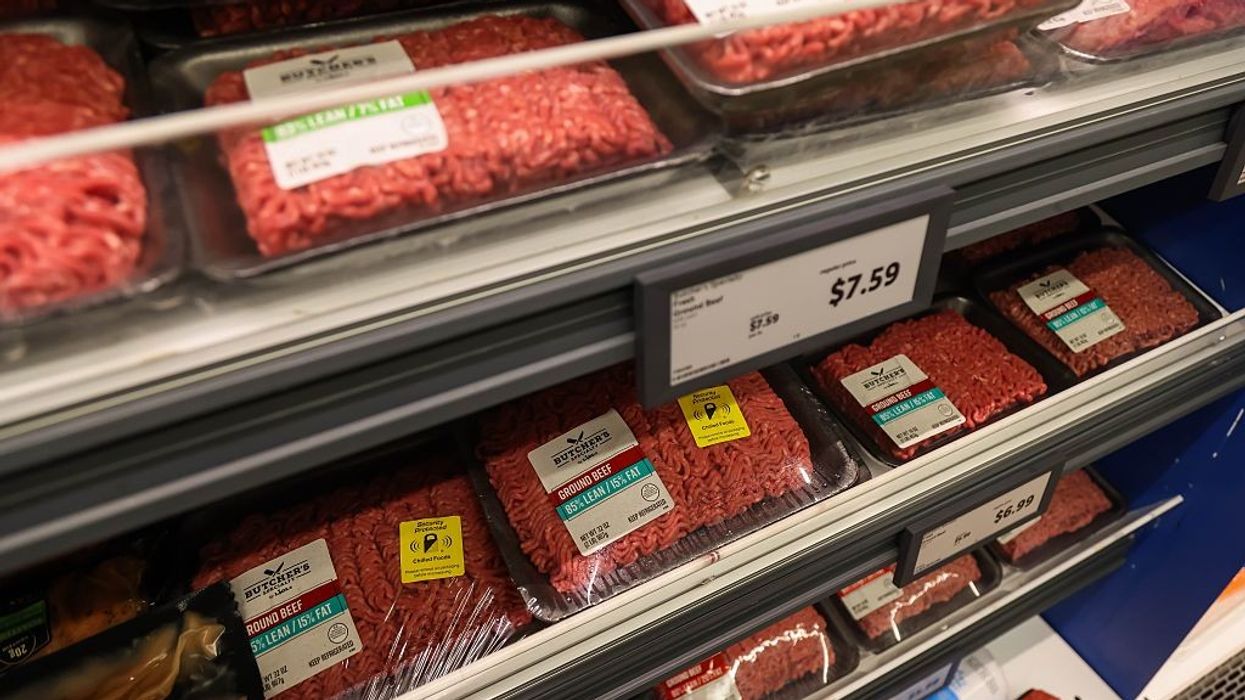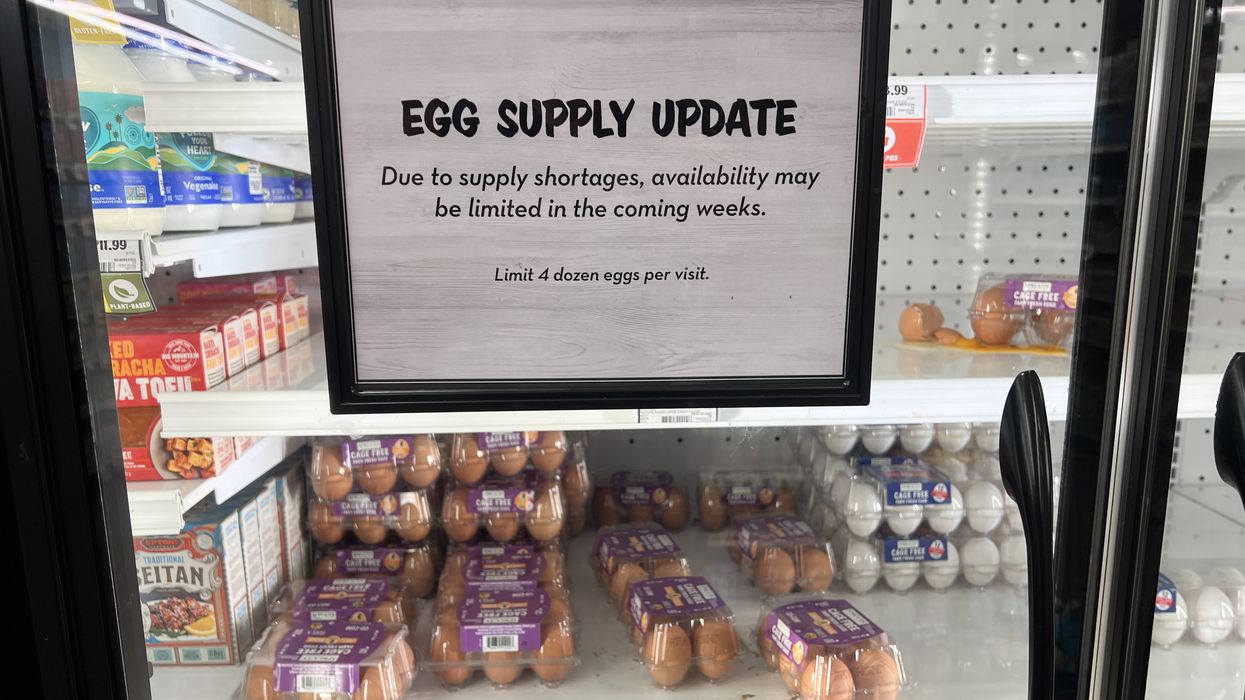Grocery Chains Are Passing Trump Tariff Costs on to US Consumers With Higher Prices: Report
"Reckless tariff policy is wreaking warrantless chaos on our economy, with grocery giants shifting market uncertainty onto consumers," said Accountable.US president Caroline Ciccone.
As leading grocery chains increase prices on essentials, they are blaming US President Donald Trump's tariffs for raising the cost of living for households across the country.
According to the Consumer Price Index, the price of food has increased by 3% in the past year, with meats, poultry, fish, and eggs getting 5.6% more expensive from June 2024 to June 2025.
In a poll published this month by the Associated Press and the National Opinion Research Center, 90% of Americans reported that they considered the cost of groceries a source of stress, with 53% describing it as a "major" source of stress.
In earnings calls and public statements, executives of many of America's largest and most profitable grocery retailers are citing Trump's tariffs as justification for passing on the costs to consumers, according to a new report released on Tuesday by Accountable.US.
In a first-quarter earnings call in May, Walmart CEO Doug McMillon said that while the company was better positioned than others to absorb the cost of tariffs, they would still "result in higher prices" for consumers. Since then, some grocery items at America's largest retailer have shown 40% hikes that have outraged consumers, fueling calls for a boycott.
On another call Thursday, McMillon said, "We've continued to see our costs increase each week, which we expect will continue into the third and fourth quarters."
"Trump's tariffs are making groceries more expensive," said Accountable.US. "Everyday Americans pay the cost while corporations and the wealthy profit."
Costco's chief financial officer, Gary Millerchip, told shareholders in May that the company "saw inflation as a result of tariffs because we import certain fresh items from Central and South America."
Kroger's CFO, Todd Foley, projected similar hikes to fresh food prices beginning in March. Though Foley said the impact would not likely be as significant as those experienced by their international competitors, he said the tariffs would likely cause "mid-single digit effects" on the costs of produce imported from Mexico and Canada.
Albertsons CEO Susan Miller has acknowledged that the company is raising prices on some goods to compensate for tariffs. But it has also turned the screws on its suppliers, demanding that they eat the cost of the new levies.
In the American Prospect, David Dayen described the latter as an example of how the tariffs were helping monopolies consolidate their power.
"Albertsons holds a significant market share in the grocery market, particularly in the western United States," he wrote. "Independent grocers, however, typically don't have the same ability to dictate terms to suppliers, and therefore will have to take whatever they can get."
Many of the companies currently raising prices have previously been caught or even admitted to price-gouging consumers to take advantage of inflation in the wake of the Covid-19 pandemic. The tariffs, a regressive tax that Trump has suggested as a way to offset the massive tax cuts given to the wealthy, have further exacerbated that pain.
"While Trump grants massive tax cuts to massive corporations and the ultra-rich," said Accountable.US President Caroline Ciccone, "his reckless tariff policy is wreaking warrantless chaos on our economy, with grocery giants shifting market uncertainty onto consumers."


